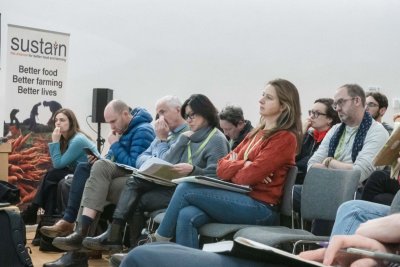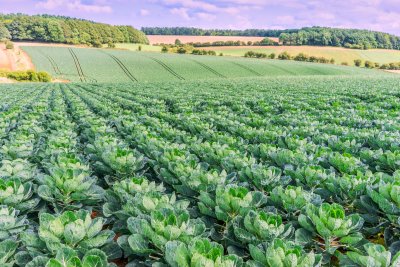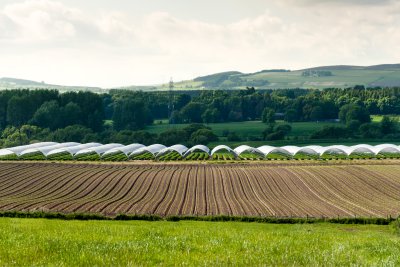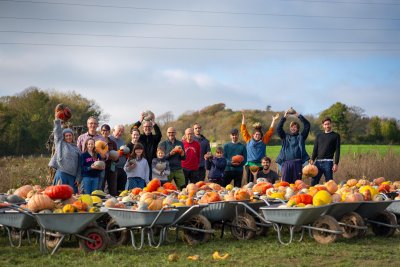 Credit: Pexels
Credit: Pexels

'A Long Food Movement: Transforming Food Systems by 2045' - new report
The International Panel of Experts on Sustainable Food Systems (IPES-Food) has released a valuable new report in collaboration with the ETC Group.
This details future scenarios for food systems globally, provides some rich ideas for ensuring a fairer, sustainable food future and lays out major challenges for civil society. IPESFood is an independent panel of experts with a mission to promote transition to sustainable food systems around the world.
In the report, the authors outline where we are at now, with multiple crises and issues, and map out two highly different futures for food systems in flux. One under “agribusiness-as-usual” control of the food system is largely handed over to data platforms, private equity firms, and e-commerce giants, putting the food security of billions “at the mercy of high-risk, AI-controlled farming systems, and accelerating environmental breakdown”. We are already seeing how the “‘silver bullet solutions”, the report describes, like vertical farms and zero land proteins, are irresistible to policymakers desperate for solutions. The authors anticipate a major acceleration of the land, sea, water and resource grabs to take control and make profits secure. Consumers and citizens are increasingly tracked and digitised and have to make sense of increasingly opaque supply chains and a dizzying array of food claims.
The alternative scenario the describe for 2025 is called “Civil society as Unusual”. Civil society seizes the initiative, developing deeper, wider, and more effective collaborations than ever before. The approach is called ‘A Long Food Movement’ and the authors suggest that civil society – in its diversity of forms and scales of action – can be a powerful change-maker. They describe four different interrelated pathways (and detail the opportunities for action within them) of food systems reform and transformation:
- Rooting food systems in diversity, agroecology, and human rights;
- Transforming governance structures;
- Shifting financial flows; and
- Rethinking the modalities of civil society collaboration.
Some of the key strategies include diverting funds from major commodity subsidies, research expenditures and ‘niche’ budget lines to small-scale food producers and supporting short supply chains and territorial markets. They inlcude levying taxes on junk food, toxins, CO2 and the revenues of multinationals and adopting emergency food security measures that supersede trade and intellectual property rules.
For Sustain and its members and partners, this is a valuable and detailed contribution to the debate on what direction we want and need the food system to go. This is at a critical time given the big destabilising impact of the pandemic alongside climate change and nature emergencies and likely major shifts in demographics and economies.
We need to decide, as a society, which route we want to take and then work to achieve it together and take power back on how food is produced, traded and eaten. Their second scenario could, the authors calculate “shift USD 4 trillion from the industrial chain to food sovereignty and agroecology, cut 75% of food systems’ GHG emissions, and deliver incalculable benefits to the lives and livelihoods of billions of people over the next 25 years.“
This is an attractive proposition but the authors quite rightly outline the risks involved but suggest we must take the risks to make the major changes needed.
The report is available to download and is well worth a read.
The International Panel of Experts on Sustainable Food Systems (IPES-Food) is an independent panel of experts with a mission to promote transition to sustainable food systems around the world. ETC Group (the Action Group on Erosion, Technology and Concentration) works to address the socioeconomic and ecological issues surrounding new technologies that could have an impact on the world’s poorest and most vulnerable people.
Sustainable Farming Campaign: Pushing for the integration of sustainable farming into local, regional and national government policies.
Sustain
The Green House
244-254 Cambridge Heath Road
London E2 9DA
020 3559 6777
sustain@sustainweb.org
Sustain advocates food and agriculture policies and practices that enhance the health and welfare of people and animals, improve the working and living environment, promote equity and enrich society and culture.
© Sustain 2026
Registered charity (no. 1018643)
Data privacy & cookies
Icons by Icons8







